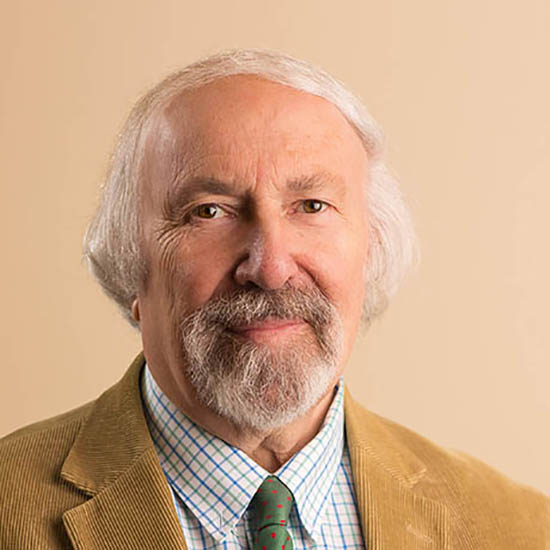Howard Morris pioneered the field of biomolecular mass spectrometry with the introduction of new strategies and instrumentation for the detailed structure elucidation of complex biologically active molecules, proteins and glycoproteins. Howard was the first to develop a successful mass spectrometry strategy for sequencing protein-derived peptides, and used it to characterise de novo protein sequences as well as to identify biologically active peptides including the first of the endorphins, enkephalin.
His methods have proven particularly powerful for posttranslational modification determination for the discovery of glycosylation or gamma-carboxylation, for example — important for biological function, but not predictable from gene sequencing data. His methods, including the concept of peptide and glycopeptide mapping, are now fundamental to the characterisation of new medicines in the biotechnology and pharmaceutical industries.
Howard’s work has been greatly influential. In particular, his contribution to the development of the Q-TOF (quadrupole orthogonal acceleration time-of-flight) instrument has fuelled the proteomics revolution. His many accolades include the Franklin Medal of the Institute of Physics and the Royal Medal of the Royal Society.
Professional position
- President and CSO, BiopharmaSpec Ltd
- Member of Audit Committee, Institute of Cancer Research
Subject groups
-
Molecules of Life
Biophysics and structural biology
Awards
-
Royal Medal
For his pioneering work in biomolecular mass spectrometry including strategy and instrument design and for outstanding entrepreneurship in biopharmaceutical characterisation.

